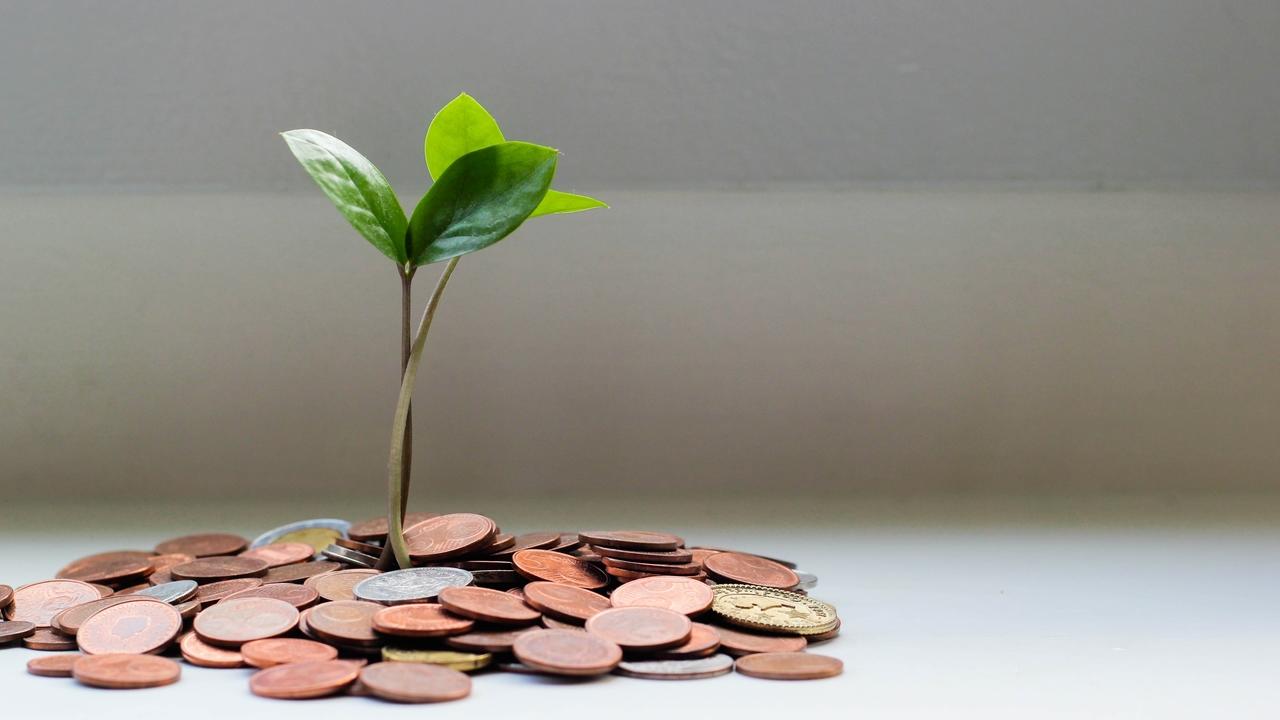Episode 062: Building Financial Resiliency with Laura Oldanie
Nov 17, 2020
Welcome back, friends! This week we’re diving into a SUPER important topic that affects permies (and everyone else for that matter) worldwide. That topic is financial sovereignty. Laura Oldanie is joining us to share her journey and epiphanies she has had over the years as she has sought to create a stable financial life. Laura is such a great resource, in fact we had her teaching the group in one of our MOKR Masterminds not long ago. To check out more of what Laura’s up to…
Her website is https://www.richandresilientliving.com/
Or you can follow her on social media on:
In the episode she also mentions having a ton of student loan resources for those of you trying to get out of student loan debt:
https://thecollegeinvestor.com/student-loan-guide/
https://thecollegeinvestor.com/578/ways-to-get-student-loan-forgiveness/
https://thecollegeinvestor.com/student-loan-forgiveness-programs-by-state/
https://singlemothersgrants.org/help-with-paying-off-student-loans/
https://thebudgetnistablog.com/student-loan-tips/
https://studentdebtcrisis.org/tools/
https://sites.google.com/studentdebtcrisis.org/borrower-resource-center
https://sites.google.com/studentdebtcrisis.org/borrower-resource-center
https://www.nerdwallet.com/article/loans/student-loans/how-to-spot-student-loan-scam

What a Capital Idea!
Laura shares many awesome epiphanies and ideas throughout the podcast episode this week, but here in the blog post we really wanted to hone in on one big idea she shared - that there are eight forms of capital. This is such a wonderful concept because we really shouldn’t have tunnel vision and only look at capital around us in terms of $$$. Rather, we need to use our wide-angle vision to adequately see the resources that are abounding around us. So let’s dive into the eight forms of capital that Laura brought up!
1- Financial Capital
The first and most obvious form of capital is financial. This can definitely be a touchy topic for people, as many of us deal with an incredible scarcity mindset. The sooner we start addressing the real relationship we have with money, and healing that relationship, the better off we will be. Do you see money as bad? Do you talk bad about money and its existence or non-existence in your life? Be careful, if you’re smack-talking money it’s not going to want to have a relationship with you. Being smart and responsible with the money we do bring into our lives is extremely important, as Laura talks about in the episode, money is simply a tool.
2- Material Capital
You may think of material capital as assets, and you’d be correct, but don’t limit yourself by thinking the only assets you have are what you can list on your tax forms. As Laura pointed out, the shovel you own is material capital, everything around you that you own can be seen as material capital. It’s so funny how “things” can physically come into our lives and yet we don’t feel like there’s an increase in capital, but there is!
3- Intellectual Capital
Another type of capital Laura brought up is intellectual capital. This is incredibly valuable, worth much more per dollar than financial capital in and of itself. The things we know can be leveraged and used in so many ways to help us reach a new level of vibration to allow more capital of many kinds to come into our lives. Sometimes this is simply learning from your mistakes, so don’t discredit any physical money you spent on a project or endeavor, if you are walking away with more intellectual capital from that experience, you’re still ahead in the game.
4- Experiential Capital
It’s not just knowing things that make your brain valuable, it’s also what you can physically do with your knowledge. Knowing in your mind how to change a car tire is not nearly as valuable as actually having done it before when you get a flat tire on the way home. Really take stock of what you’ve tried and learned to do. And don’t discredit the experiential knowledge of knowing what NOT to do. That in and of itself is incredibly valuable!
5- Social Capital
Laura brings up the idea that social capital is really important. Relationships that you have with family, friends, and neighbors will be invaluable if things take a turn and you’re left wanting. How have you been working to build up this type of capital? It’s definitely worthwhile and can outlast even the worst turns in the stock market.
6- Living Capital
Living capital is a really interesting concept that Laura mentioned, the value of the other living things in our environment. The people, plants, and animals around us have a vibration that can help support us and feed our need for peace and beauty. Look around you, what types of life around you (or under your feet!) are nourishing the space you inhabit?
7- Cultural Capital
While this type of capital varies greatly between cultures, there’s always some way you’ve been empowered or nourished from the culture you’re a part of. Find those cultural traditions or aspects and lean into them, they add to the diversity and enjoyment of life if you’ll only look to really see them there.
8- Spiritual Capital
The last type of capital that Laura brought up is spiritual capital. This doesn’t have to mean being part of a certain religion, but rather capitalizing off of your connection to your higher power, the universe, or simply the world around you. People who lack this connection often feel a void that they desperately try to fill. Make sure this type of capital is strong and constant, and everything else will seem richer in the process.

Thanks for checking out this week’s Episode 062 of the Seeds of Tao Podcast. We hope that by diving into these different types of capital a bit you’re able to feel truly abundant, and find ways to increase that abundance. If you haven’t joined one of our monthly Think Tanks yet, we hold them every first Wednesday of the month, you can get signed up here!
Keep Growing!
Previous Episode: The Process of Creating an Intentional Life with Jorge Acevedo
